Christie Koehler

When the Worst Happens: Moving Forward After the Unexpected Death of a Core Organizer
CW: Suicide; no specific details.
In this talk, I will share my experience of loss and how our community got through it and still managed to host a conference. I’ll explore the fragility of building personal relationships solely around open source and community work. Finally, I’ll illuminate the practical issues each of us need to address to ensure our work and our community’s work lives on in the way that we wish after we are gone.
Just days before we were scheduled to open our CFP, a dear friend and one of our key organizers committed suicide. We were already late in opening our CFP and the conference was going to happen in 10 short weeks whether we felt up to it or not. We had to move forward while we navigated our grief.
We pulled together in ways that still make my heart soar. We managed to keep our conference more or less on schedule. We helped to help settle the affairs of our friend, with many of us sharing the burden. We divided the load based on what made sense for each of us to carry.
One of my jobs was to co-lead the planning of our friend’s celebration of life. We did this collectively using the same processes as our other events. It was sometime during this planning that I realized I was functioning as a kind of secular pastor. I still don’t feel particularly skilled or equipped for this extra-dimensional community organizer role. But it did, and still does, give me a deep sense of purpose.
Another thing we did, and rather quickly, was to transfer the communal assets our friend controlled before they became inaccessible. It might seem strange to focus on pedestrian matters at such a time. But it’s actually the main thing you have to do when somebody dies. What do you do with their things? What are you legally required to do with their things? What do you do with the communal assets that they held? What if you’re not as lucky as we were and don’t access to these communal assets? How do you secure them?
After an author he liked died without leaving a proper will, Neil Gaiman worked with an attorney to create a general will for authors of creative works. He did this to help them ensure their works would live on in the way they wanted after their deaths. I believe we need a similar awareness raising and resource in tech.
Lastly, I’ll speak to how I’m thinking about all of this nearly three years later. I still miss our friend, deeply. What I regret most is not spending more "just hanging" out time with him. In fact, I’ve noticed that this is not specific to my friend who has passed. For many reasons, I’ve come to rely upon building my friendships around work, volunteer or otherwise. It’s part of why open source has been so attractive to me. But more and more I am feeling the fragility of this. Not only does it place work-related stress on those friendships, but it reinforces the message that we are only valuable inasmuch as our ability to contribute.
I want to be loved and to be welcome regardless of how much I’m able to contribute at a given time. And I think I’m not the only one.
